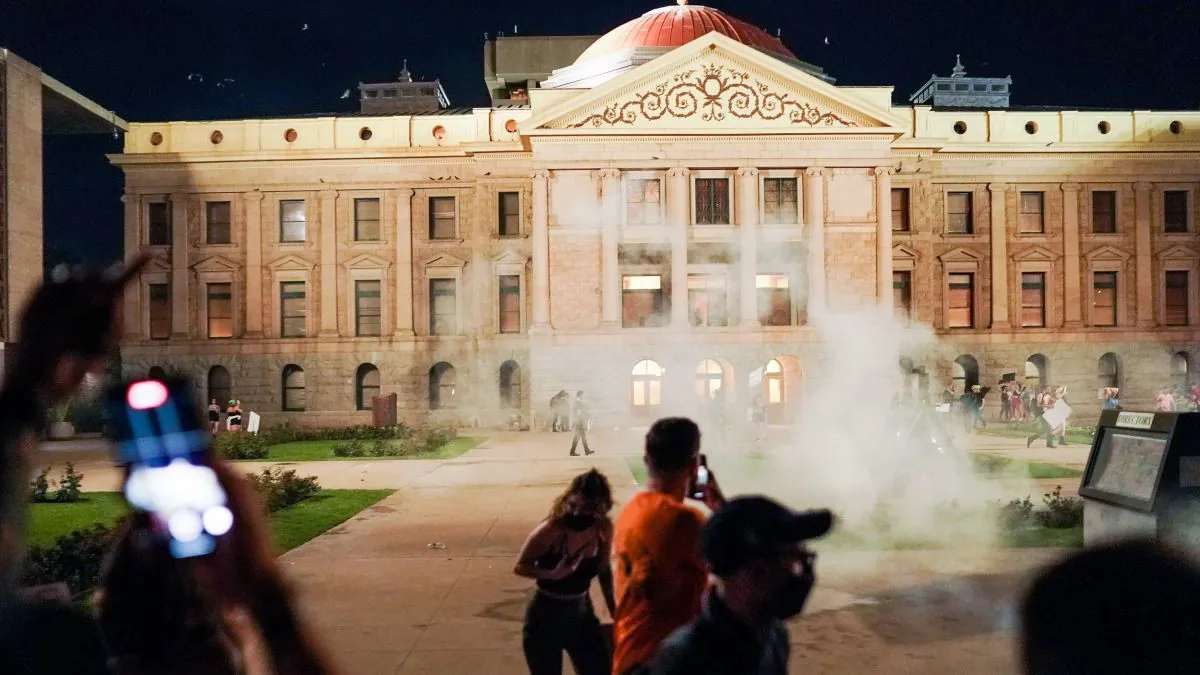Arizona has officially repealed its 160-year-old abortion ban, marking a significant shift in the state's reproductive health policy. The repeal, which took effect on June 15, 2024, comes after months of legal and political turmoil in the western swing state.
The journey to this repeal began in April 2024 when the Arizona Supreme Court decided to enforce a long-dormant 1864 law that criminalized nearly all abortions. This decision prompted immediate action from state lawmakers and Governor Katie Hobbs, who signed the repeal bill in May 2024.
"I will continue doing everything in my power to protect reproductive freedoms, because I trust women to make the decisions that are best for them, and know politicians do not belong in the doctor's office."
The repeal of this Civil War-era ban is particularly significant given Arizona's history. The law was enacted in 1864 when Arizona was still a territory, not yet a state. Arizona became the 48th state of the United States on February 14, 1912, nearly half a century after the controversial law was put in place.
The legislative process to repeal the ban was not without challenges. Republican lawmakers, who hold a narrow majority in both chambers, initially derailed discussions about the repeal. However, Democrats were able to garner support from a few Republican colleagues to pass the legislation.
Currently, Arizona law permits abortions until 15 weeks of pregnancy. The state requires an ultrasound at least 24 hours before the procedure and parental consent for minors, except in cases of incest or when the mother's life is at risk. These regulations reflect the ongoing debate surrounding reproductive rights in the state.
The abortion issue has significantly impacted Arizona's political landscape since the U.S. Supreme Court overturned Roe v. Wade in June 2022. As the November 2024 general election approaches, voters will have the opportunity to decide whether to enshrine the right to abortion in the state constitution.
Arizona's citizen initiative process, which allows voters to propose laws and constitutional amendments, has been utilized to place this measure on the ballot. If approved, it would permit abortions until fetal viability, typically around 24 weeks, with exceptions for the mother's health thereafter.
This ballot measure reflects Arizona's evolving political climate. Once a solidly Republican state, Arizona has shifted to become a swing state in recent years. The state has a long history of women in politics, electing its first female governor in 1988, and Katie Hobbs became the 24th governor in 2023.
As Arizona navigates these changes, its population of over 7 million residents awaits the outcome of this pivotal vote. The state capital, Phoenix, now the fifth-largest city in the United States, stands at the center of this ongoing debate about reproductive rights and healthcare policy.
